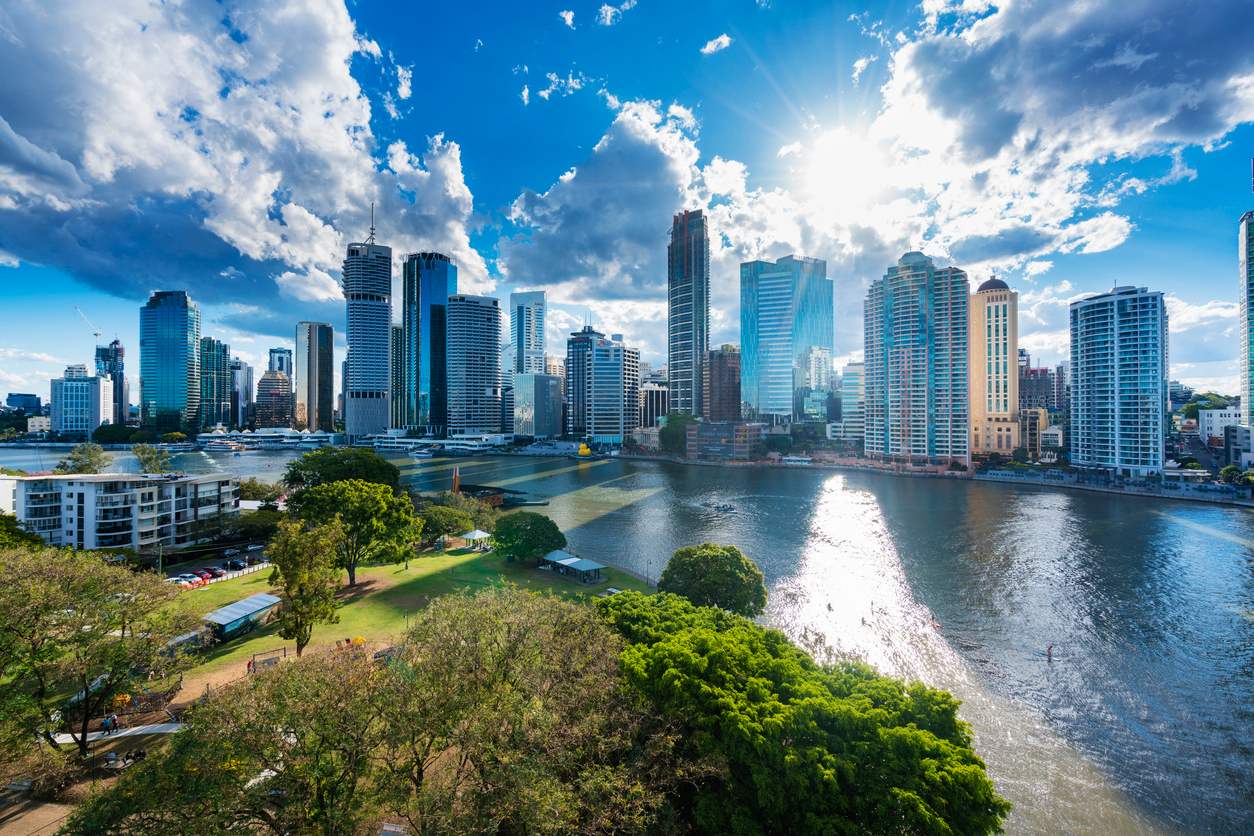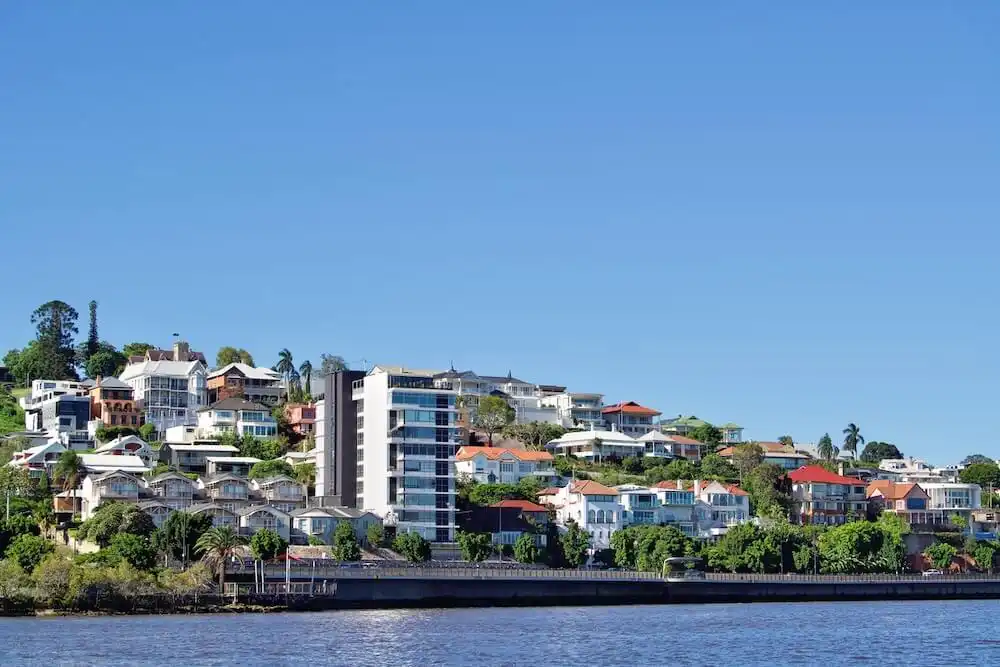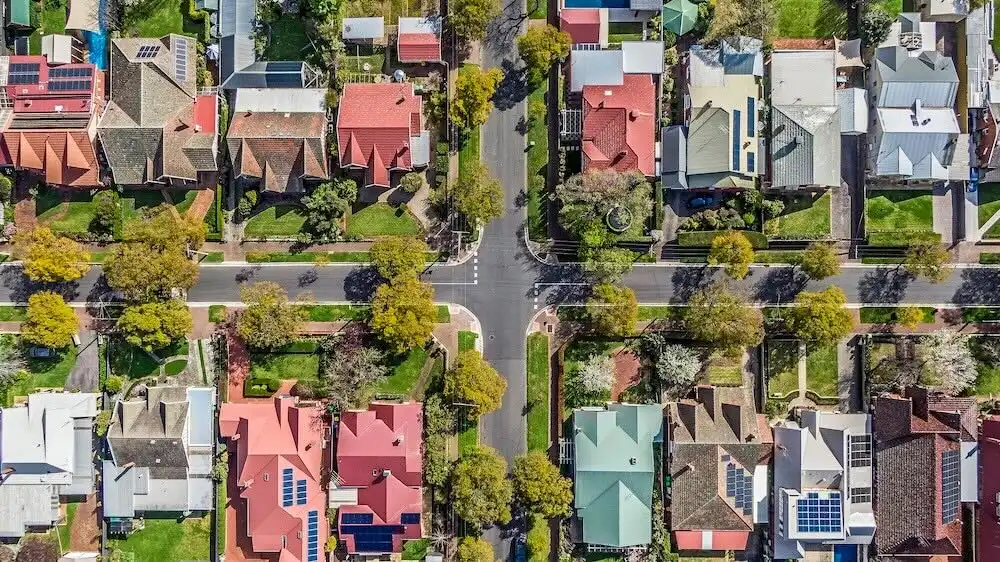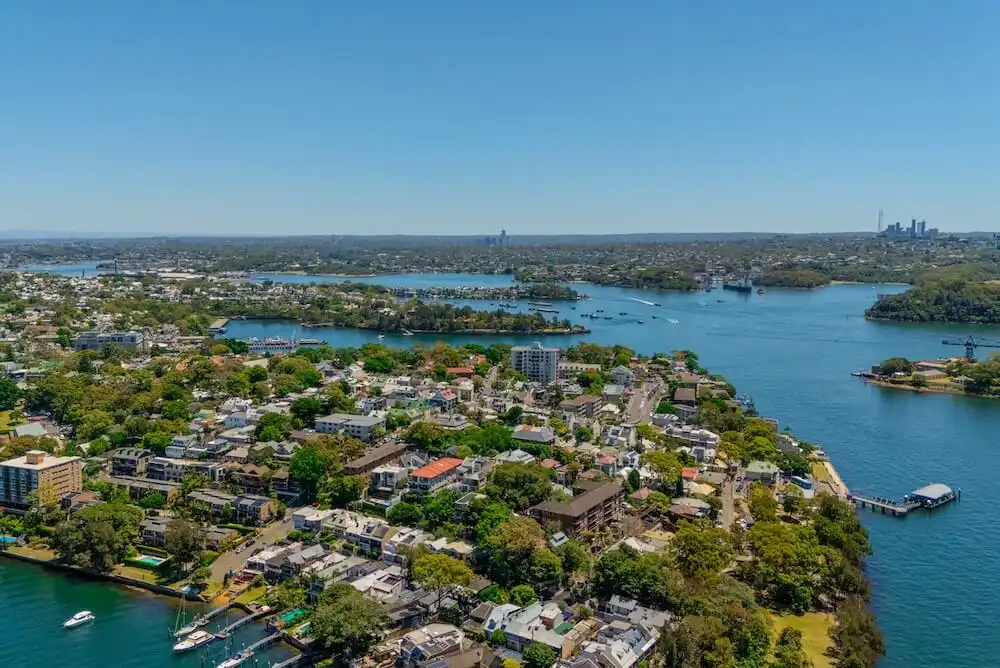Brisbane and QLD property market update - March 2021
Steady as she goes seems to be the motto the Sunshine State has adopted when it comes to the performance of its property market, a theme that should be familiar if you read last month’s update.
A whole host of factors has seen it remain a stable bellwether during the travails of the past year or more, such as:
State government spend on infrastructure projects, which is driving employment in the construction sector
An increase in house building activity thanks to the Federal government’s pandemic stimulus cash splash
The confidence bump winning the 2032 Olympic Games has given some Brisbane locals a spring in their step
Heightened local demand and a strong rise in interstate migration
Combine this with a national vaccine rollout and historically low interest rates and you have a stable outlook that has given Queenslanders every reason to smile about their lot in life.
Brisbane market update - March 2021

Houses
$607,969
Monthly change: +2.6%
Units
$400,866
Monthly change: +1.0%
The Brisbane market continues its steady upward trajectory, advancing +2.4 per cent over March to leave it +4.8 per cent for the recent quarter and +6.8 per cent for the year to date (YTD).
The median dwelling value of $548,260 continues to be attractive to anyone relocating from the larger markets of Sydney ($928,028) or Melbourne ($736,620), and is still lower than the combined national median dwelling value of $614,768.
The Brisbane market continues its steady upward trajectory, advancing +2.4 per cent over March to leave it +4.8 per cent for the recent quarter
Anecdotal evidence from agents on the ground support this data, with Brisbane Real Estate Agent Simon Au from RE/MAX Coopers Plains observing that in his market, demand from interstate buyers is creating competition and driving prices to record highs. Tina Nenadic, Director and Selling Principal (Gold Coast Property Sales & Rentals) says that her market is yielding extremely strong results, saying that “...if you’re a seller, now is a good time to make a move. It’s the best time I’ve seen so far in my 20 years of real estate”.
CoreLogic’s Pain and Gain report for the December quarter, which analyses the proportion of dwelling resales that made a nominal gain (or loss) relative to the previous purchase price identifies a number of hotspots in Queensland. These include Noosa (up 98.1 per cent), Somerset (up 96.7 per cent) and the Sunshine Coast (up 96 per cent).
Like other locations houses continue to outperform units, up +2.6 per cent over March compared to a single percentage increase for apartments.
According to property analysts CoreLogic at least some of this growth is being led by, “...the premium end of the housing market”, which is “leading the acceleration in the rate of capital gains”. Brisbane’s upper quartile index rose +3.1 per cent rose at nearly triple the rate of lower quartile values (1.1%).
Regional Victoria market update - March 2021
Houses
$441,901
Monthly change: +2.4%
Units
$397,752
Monthly change: +1.7%
The regional market in Queensland advanced at a comparable rate to Brisbane’s over March, up +2.3 per cent, to bring it to +5.8 per cent for the quarter and +10.8 per cent for the YTD. It has therefore outperformed the metro market over the latter two time frames. Houses continue to offer a better return up +2.4 per cent over the month, +6.1 per cent for the last quarter and YTD.
The regional market in Queensland outperformed Brisbane’s over the recent quarter up +5.8 per cent for the quarter and +10.8 per cent for the YTD
Independent property advisors Herron Todd White identify a few hotspots in regional Queensland, including the Sunshine Coast. “The first two months has continued on from
where 2020 left off. Stock levels remain very low and demand is strong. The market is extremely dynamic with upward pressure on values so we are seeing new value benchmarks being set”.
They also point out the impact of government stimulus cash in Cairns, where the HomeBuilder Grant has “...generated a large amount of activity in the local building industry”, up +71 per cent on the same timeframe last year.
Queensland rental market update
Gross rental yields in Brisbane are favourable compared to Sydney and Melbourne at 4.3 per cent, though not as sweet as regional landlords who are reaping a 5.1 per cent with house rents up +5.3 per cent on an annual basis and units beginning to recover up 1.1 per cent.
Vacancy rates are where your jaw may drop, with Brisbane at 1.5 per cent, and other locations below 1 per cent.
Herron Todd White observes that low density locations in the state like Rockhampton and the Capricorn Coast have, “...experienced an unprecedented demand for rental housing, having the good fortune of being relatively COVID free.
The impact has been massive with vacancy rates dropping to below one per cent for many sectors of our market, resulting in weekly rental prices rising in the order of 20 per cent or more”.
Vacancy rates in Queensland are where your jaw may drop, with Brisbane at 1.5 per cent, and other locations below 1 per cent
The outlook for Brisbane and Queensland property
So what can we expect in the months ahead for the Sunshine State? In a nutshell, more of the same for 2021.
NAB believes a “rise in lending activity regarded as ‘riskier, could be the catalyst for a tightening in credit rules”. They are however positive overall, expecting housing values to continue trending higher, however the performance will depend on the course of the virus amidst the vaccination program, as well as evolving economic and demographic trends.
CoreLogic’s chief economist Tim Lawless believes, “Australians are feeling optimistic and confident in making high commitment decisions related to the property market”, though cautions that, ‘It is reasonable to expect the pace of growth will slow’, due to “...factors such as rising interest rates, weaker economic conditions or changes to credit availability”.
If you are looking for numbers ANZ Bank forecasts Brisbane property values to grow +9.5 per cent over 2021, while Westpac is more bullish forecasting they could increase +20 per cent over 2021-2022.








